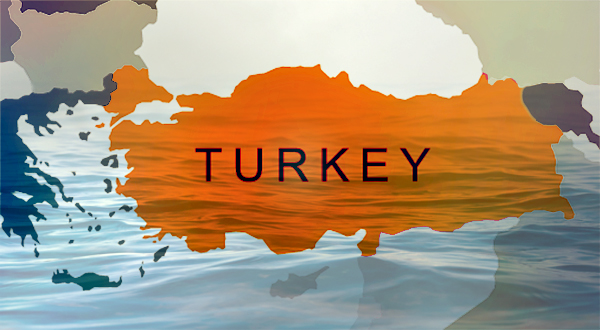After the launch of the IMO’s 2020 sulphur cap, Turkey updated its fines concerning tariffs for pollution; Accordingly, the new tariffs concern real persons and are applicable from 01/01/20 to 31/12/20.
The pollution fines are issued by the Turkish Environment Code dated 1983, number 2872.
Namely, the fines are divided in four categories: A, B, C and D.
Category A: Pollution from tankers discharging petroleum products and derivatives (raw petroleum, fuel oil, bilge, oil mud, refined product oil waste etc.)
| Up to 1,000 (inclusive) GT | 606.67 TL per unit GT |
| Between 1,000 and 5,000 (inclusive) GT | An additional 151.67 TL per unit GT |
| Over 5,000 GT | An additional 15.16 TL per unit GT |
Category B: Pollution from dirty ballast discharged to sea by tankers
| Up to 1,000 (inclusive) GT | 110.53 TL per unit GT |
| Between 1,000 and 5,000 (inclusive) GT | An additional 22.05 TL per unit GT |
| Over 5,000 GT | An additional 3.51 TL per unit GT |
Category C: Pollution from ships and other sea vehicles that release petroleum/ petroleum derivatives (bilge, oil mud, freight mud, fuel oil, oil waste or dirty ballast, etc.)
| Up to 1,000 (inclusive) GT | 303.34 TL per unit GT |
| Between 1,000 and 5,000 (inclusive) GT | An additional 60.67 TL per unit GT |
| Over 5,000 GT | An additional 15.16 TL per unit GT |
Category D: Pollution from garbage and sewage discharged to sea by ships, tankers or other sea vessels
| Up to 1,000 (inclusive) GT | 151.67 TL per unit GT |
| Between 1,000 and 5,000 (inclusive) GT | An additional 30.34 TL per unit GT |
| Over 5,000 GT | An additional 15.16 TL per unit GT |
In early 2019, the London P&I Club informed about the fines and provided recommendations on how to avoid the fines in Turkey.




























































